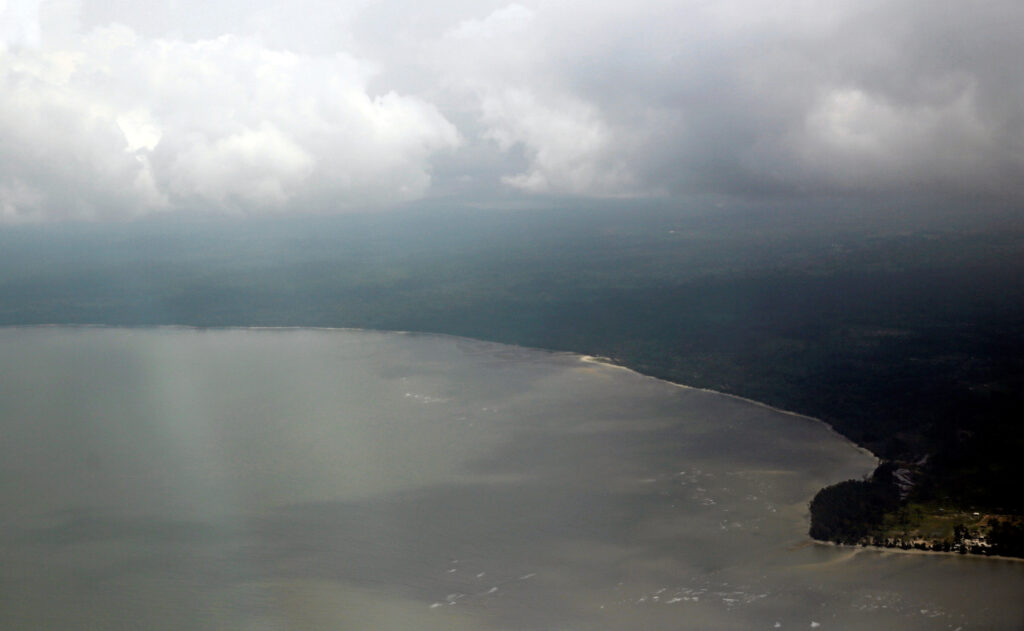
Gabon has undertaken a debt restructuring for a minor segment of its liabilities, securing $163 million in funding dedicated to ocean conservation, the government and a non-governmental organization said on Tuesday.
Involving approximately three percent of Gabon’s total debt, the debt-for-nature exchange signifies the initiation of a 15-year conservation initiative. The endeavor aims to support Gabon in funding the preservation and sustainable management of 30 percent of its oceanic expanse, as outlined by The Nature Conservancy (TNC), a non-profit organization based in the United States.
The coastlines and offshore waters of Gabon harbor the largest known population of endangered leatherback turtles, along with critically endangered Atlantic humpback dolphins. Furthermore, within the Atlantic region, the country boasts one of the most expansive nesting sites for olive ridley turtles.
“For years we’ve been talking about green financing.. but there has been little action,” Water and Forestry Minister Lee White told media.
“We hope this… small step … will lead the way to new conversations,” he said.
Through this debt conversion, Gabon has successfully restructured $500 million of its national debt, strategically channeling the resulting funds towards marine conservation initiatives and the enforcement of measures against illegal fishing.
According to TNC, a key contributor to the arrangement, the agreement entailed the issuance of a new bond by the Bank of America.
The bond is safeguarded against political risks through insurance provided by the United States’ International Development Finance Corporation.
“Our Blue Bonds programme (helps) governments reach their conservation and climate goals while also supporting the well-being of their people and economies,” said CEO Jennifer Morris.
The recently acquired funds have been designated to assist Gabon in enhancing the administration of its territorial waters. Presently, 26 percent of these waters hold protected status.
With an 88 percent forested land cover, the compact West African nation boasts an extensive coastline teeming with diverse marine species.
TNC stated that the expansive mangrove forests serve as a highly reliable carbon sink within the West and Central African regions.
